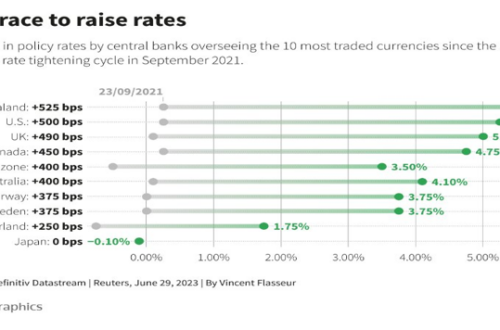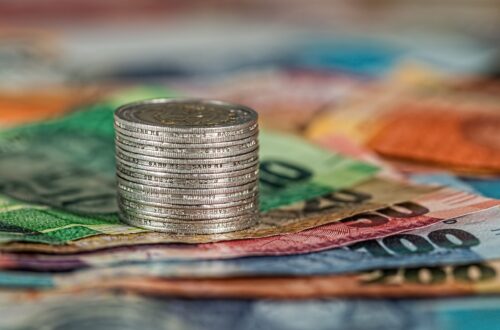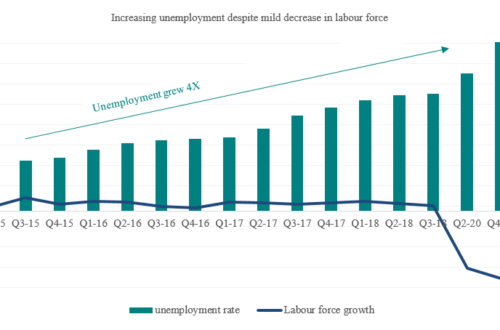
Aftereffect of the festive season Leads to a Marginal Slowdown in Inflationary Pressure
Headline Inflation
According to the consumer price index report, released by the National Bureau of Statistics (NBS), Nigeria’s inflation eased slowly to 15.60% in January 2022 from 15.63% in December 2021. On a month-on-month basis, the Headline index moderated by 34bps to 1.47 percent in January 2022, compared with 1.82% recorded in December 2021. The slow rise in the monthly headline inflation reflects the absence of the festive spending flurry that propelled prices in December 2021.
Food Inflation
The composite food index rose by 17.13% in January 2022 from 17.37% in December 2021. On a month-on-month basis, the composite food index moderated by 57bps to 1.62% in January 2022 compared with 2.19% recorded in December 2021. The food sub-index rose at a slower pace in the review month, given the absence of the bloated food demand that characterizes the preceding month.
Core Inflation
The ‘’All items less farm produce’’ or Core inflation, which excludes the prices of volatile agricultural produce maintained at 13.87% in January 2022, as it was in December 2021. On a month-on-month basis, the core sub-index increased by 1.25% in January 2022, up by 13bps when compared with 1.12% recorded in December 2021. We attribute the increase to the persistent increase in energy prices and currency pressure. Accordingly, highest increases were recorded in the prices of electricity, liquid fuel, wine, tobacco, spirit, solid fuels, cleaning, repair, and hire of clothing, shoes and other footwear, and pharmaceutical products.
State Inflation
During the review period, the headline inflation on a year-on-year basis was highest in Abuja (18.59%), Kogi (18.28%), and Bauchi (17.61%), while Kwara (12.94%), Niger (14.10%), and Oyo (14.19%) recorded the lowest. However, on a month-on-month basis, Jigawa (2.45%), Kogi (2.34%), and Zamfara (2.32%) recorded the highest price increases. In comparison, Taraba (0.53%), Abia (0.69%), and Ondo (0.75%) recorded the slowest rise.
Commentary
In line with our expectations, the high rate experienced in December 2021 for both the yearly headline and food indexes was temporary, due to the soaring spending during the festive season. While the monthly inflation rate for the headline and food segment declined, the impact of soaring energy costs significantly impacted the core segment, hence, pushing prices up on a monthly basis.
We expect the headline inflation to continue its downtrend, albeit slowly in the coming month. However, the current error-induced fuel scarcity in the country could likely mount inflationary pressures on the prices of goods and services in the short run if not promptly addressed.
Looking further into the year, we recognize the possibility of upside inflation surprises, as the sub-par food harvests of last year could cause food supply to be slim during this year’s planting season, hence, propelling staple food prices northwards. Also, the impact of a base-effect sponsored moderation should become less material as we move further into the year, leaving the rate of inflation susceptible to the pass-through effect of soaring energy costs (fuel, electricity, and gas), increased taxes associated with the finance act and currency depreciation. Our baseline expectation is for the headline inflation to average 14.81% in 2022 compared with 16.98% in 2021.




